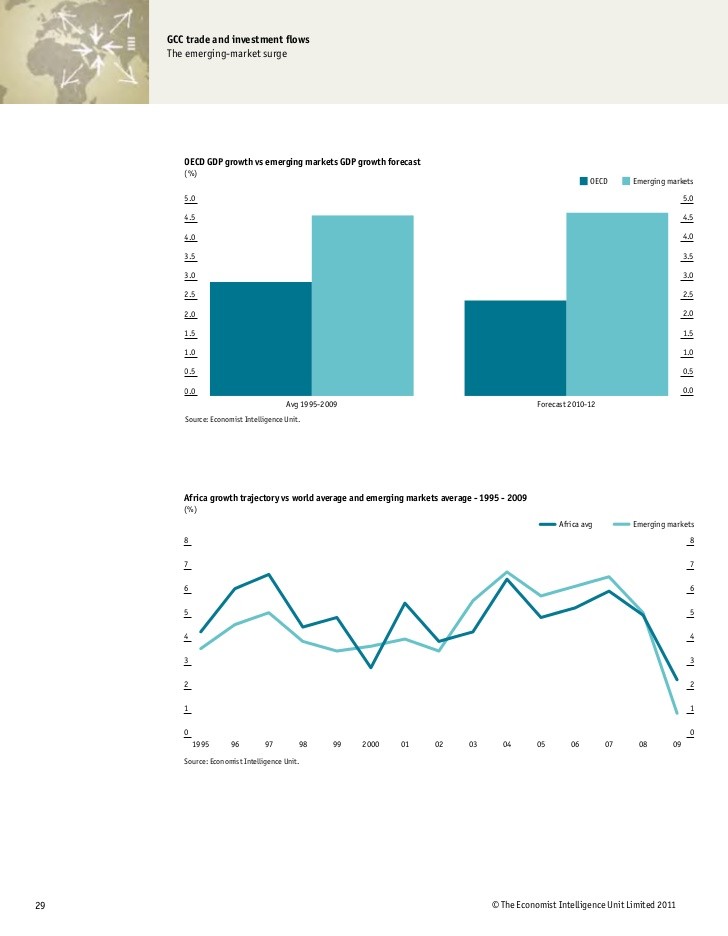How To Invest In Emerging Markets 3 0
Post on: 7 Апрель, 2015 No Comment

By Sammy Suzuki
It has been 25 years since the emerging-market equities index was created, and much has changed. Today, we believe that emerging markets are on the cusp of a third phase that might compel investors to shift away from benchmarks and focus on absolute risk.
Emerging markets haven’t been kind to investors this year, with the MSCI EM Index falling by 8.6% through the end of July amid growing concern about political risk and economic growth. Many investors are asking whether the party is over after a quarter century of outsized returns. Indeed, US$100 invested in emerging-market equities 25 years ago would have grown to more than US$1,700 today — over three times better than developed-market returns (see chart below). In our view, emerging markets still offer plenty of opportunity, but times have changed and investors must adapt.
Discovery Period Required Skill
There have been three distinct periods for emerging market investors. The discovery period began in 1988, when emerging markets represented less than 1% of global stocks and there were only 10 countries in the MSCI EM benchmark. Malaysia and Brazil accounted for more than half of the index. Russia, India, and China weren’t even included.
Early investors were rewarded handsomely. Yet their resolve was tested by a series of crises from the late 1990s, which often sent regional stock markets into a tailspin. So for emerging market pioneers, success depended on skillful avoidance of major macroeconomic risks.
Beta Won in BRICs Era
The second phase was the BRICs era, beginning in 2001 when China joined the World Trade Organization. Soaring commodity prices benefited commodity-exporting countries, while inflation dropped, credit became readily available and a middle class emerged. The MSCI EM index quintupled between 2003 and 2007.
Exposure to beta was a winning formula. No wonder exchange-traded funds (ETFs) and passive strategies became very popular — after the big run-up in the index.
Leaving the Benchmark Behind
But rear-view mirror investing is never a great idea. In our view, beta won’t do the trick in the next stage, which we call Emerging Markets 3.0.
Why won’t beta be effective? First, returns are likely to be more measured after years of explosive growth. Second, hidden vulnerabilities of companies are likely to become much more visible. And third, dramatic changes are sweeping emerging markets as China’s economy develops while new manufacturing countries emerge such as Vietnam and Bangladesh and broad reforms promise major change in places like Mexico.
Seek Alpha to Exploit Inefficiencies
What hasn’t changed is that emerging-market equity markets are still inefficient. In the past, these inefficiencies meant investors could do well in emerging-market returns even by following simple quantitative metrics. For example, between 1994 and 2012, the most attractive quintile of stocks based on price/earnings or earnings revisions outperformed the market by 8%. We believe these trends will continue because the inefficiencies that drive them persist, such as slower dissemination of information, less transparency, higher transaction costs, and limited liquidity.
To tap these inefficiencies, we think investors should adopt strategies that seek alpha. However, most emerging funds have a tracking error of less than 5%, according to eVestment. Hugging a relatively volatile benchmark isn’t a great way to control risk.
Instead, we believe that investors should consider abandoning emerging-market benchmarks in favor of strategies oriented toward absolute return. This will be especially important because in Emerging Markets 3.0, markets will be much less forgiving of company weaknesses, and managements will be forced to prove their governance and capital stewardship like never before. To be successful in this environment, portfolio managers must recognize shifts in the macro landscape early, identify companies that can navigate through profound changes, and effectively manage absolute downside risk.
Sammy Suzuki is Portfolio Manager Emerging Markets Core Equities and Director of Research Emerging Markets Value Equities at AllianceBernstein.
Disclaimer: The views expressed herein do not constitute research, investment advice or trade recommendations and do not necessarily represent the views of all AllianceBernstein portfolio-management teams.














